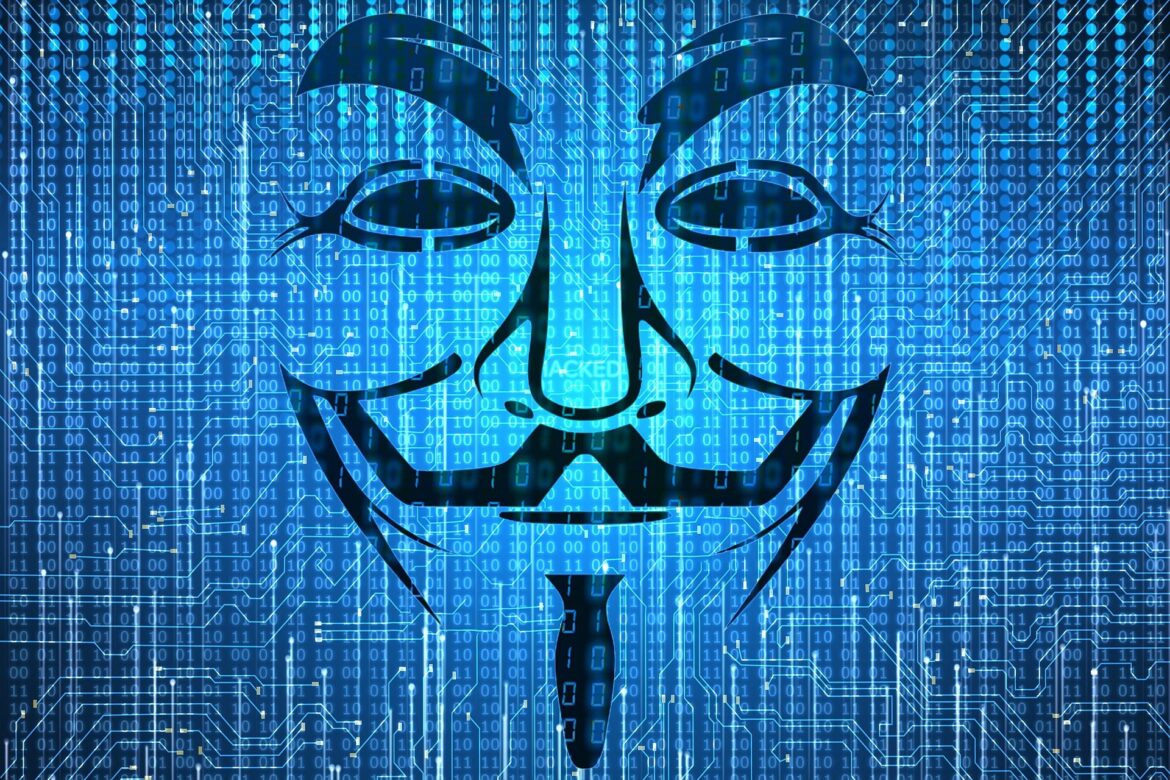What’s Going On? A Reader-Friendly Summary
On July 18, 2025, the UK’s National Cyber Security Centre (NCSC) publicly attributed a coordinated cyber‐espionage campaign to Russia’s GRU intelligence agency, which targeted critical UK infrastructure and government services. In response, the UK government imposed sanctions on over 20 individuals and entities involved in the operation .
⚠️ Why This Matters
1. Direct Threat to National Security
Targeted sectors included energy grids, transport systems, and health data repositories—areas whose compromise could disrupt daily life or even threaten public safety.
2. Cyber Warfare at Scale
This is among the UK’s most severe cyber incursions from a state actor in recent history—signalling a major escalation in hybrid warfare tactics.
3. Sanctions as Deterrents
The sanctions freeze the assets of accused individuals and ban travel to the UK—sending a warning to any nation-state or group considering similar attacks.
🔍 What the NCSC Discovered
Hacking techniques included:
- Spear‐phishing targeting high-level insiders
- Supply chain infiltration through third-party service platforms
- Use of Trojanized firmware in critical network components
- Deployment of obfuscation tactics to evade detection tools
A detailed incident response megashop was triggered, involving multiple government and private cyber‐security teams.
💻 Real-World Examples
- Power disruption near Manchester: In June, an attempted intrusion caused a momentary outage at a distribution control center—later confirmed to be GRU‐linked.
- Rail signalling breach in East Midlands: Unauthorized access logs showed probes into signalling systems just ahead of a major rail upgrade.
- Health sector system compromise: A publicly accessible NHS database experienced a breach—no data stolen, but significant concern triggered a full audit.
2025 Cybersecurity Landscape
- Global cyber threats: GRU operations mark just one instance—similar attacks have been seen from China, Iran, and North Korea targeting Western nations.
- Updated regulations: The UK is rolling out mandatory cyber regulations for critical infrastructure operators under the Network and Information Systems Regulations 2.0 (NIS2).
- Private sector readiness: Organizations are increasingly investing in real-time threat hunts and zero-trust frameworks.
🛡️ How the Sanctions Work
- Sanctioned Parties: Individuals, tech firms, and shell companies linked to the GRU’s offensive cyber unit.
- Asset freezes: UK-held assets are blocked; financial institutions must perform due diligence.
- Travel bans: Entry into the UK is prohibited for those named.
- Intelligence collaboration: The UK is sharing identifiable threat indicators with allies via NATO and Five Eyes.
🔑 What It Means for UK Organisations
- Infrastructure providers (water, energy, transport) must accelerate patching and threat response.
- Financial and insurance sectors may bear added premiums as risk profiles are elevated.
- SMEs that serve critical chains are now mandated to follow updated NIS2 protocols or face fines up to £17 million.
Quick Tips:
- ✅ Run urgent threat hunts
- ✅ Deploy cyber detection enhancements
- ✅ Train staff against phishing
- ✅ Engage in shared threat intel via industry groups
FAQs
- Is this different from past GRU attacks?
Yes. This campaign involved direct targeting of high‐impact infrastructure, not just espionage or surveillance. - Will sanctions deter these actors?
They raise the cost of action—though enforcement depends on global cooperation. - Should consumers worry about blackouts or data leaks?
Most breaches were detected early; no prolonged outages or mass data thefts occurred—but risk remains. - What is NIS2?
The EU/UK network law enforcing stronger cyber protections for essential operators; headings include supply chain and incident reporting obligations. - How can small businesses help?
Apply basic cyber hygiene, patch promptly, and participate in threat intel sharing.
Final Thoughts
The sanctions against GRU actors — together with escalating cyber defences — highlight the UK’s serious recalibration of national cyber‑security strategy in 2025. The incidents remind us that cyber conflict is no longer theoretical; information warfare now directly attacks lifelines. Staying informed, vigilant, and collaborative remains our best hedge.
Internal Links from BreadlineBulletin.co.uk
- Cyberattack on Marks & Spencer Sparks Security Concerns for Millions
- Public Safety Concerns Rise After Recent Infrastructure Failures
- UK Government Considers New Aviation Safety Reforms in 2025
- Household Budget Tips for Beating the 2025 Cost Crunch
- 10 Must-Know Startup Strategies for UK Entrepreneurs in 2025
Resources & References
- Reuters – GRU cyber-attack and sanctions overview
- NCSC technical bulletin (July 2025)
- UK National Audit Office report on cyber preparedness
- Council of Europe regulator assessment on NIS2
- Bloomberg – Emerging global cyber threats 2025
Disclaimer
The information presented in this article is for general news and educational purposes only. While every effort has been made to ensure factual accuracy, The Breadline Bulletin does not guarantee the completeness or timeliness of the information provided. This post does not constitute legal, security, or geopolitical advice. Readers are urged to consult qualified professionals for matters involving cybersecurity, government policy, or international law. The Breadline Bulletin disclaims any liability for decisions made based on this content. All views expressed are strictly journalistic and do not reflect official government or intelligence agency positions.
SEO Meta Info
SEO Title
UK Sanctions GRU Hackers After Infrastructure Cyber‑Attack
Slug
uk-sanctions-gru-hackers-infrastructure-cyber-attack
Meta Description
UK sanctions over 20 GRU-linked hackers after state-sponsored cyber-attacks targeted energy, transport, and health sectors.


